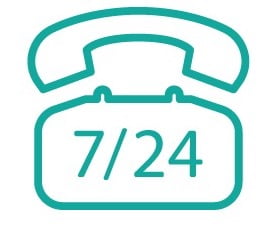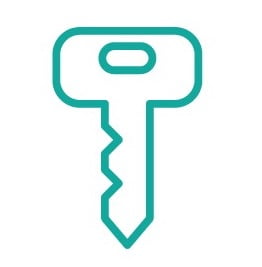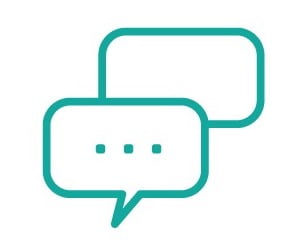Social proof is a psychological term stemming from the 1930s that encompasses the way we feel as consumers. Essentially, it is the concept that if other people are doing or buying it, then we should be doing so too. It’s that generated feeling of ‘you are safe to do this because others are also’. Canned or recorded laughter on your favourite sitcom is a classic example of social proof. Weight loss companies are also great at using social proof as a marketing technique.

Social proof as safety
Social proof may appear to be an illusion of “safety” but I believe it’s a good and harmless safety net to foster – particularly if you really believe in your service or product and everything that your business offers. As humans, we inherently seek safety, so why not encourage that safety by openly reinforcing it where possible?

Examples of social proof
Examples of social proof that you can integrate into your business include
- positive reviews
- encouraging word of mouth
- testimonials
- celebrity or wellknown personality endorsement
- talking about how many people use your product/service
- statistics
- sharing photos of your clients using your product or service.

Reviews as social proof
According to the website Visual.ly, a good online product review can hike up a product’s sales by nine percent, whilst a bad one can drag down someone’s intention to buy by eleven percent. Let’s keep the punters happy, eh?
‘84% of people trust online reviews as much as a personal recommendation and 54% of people will visit the website after reading positive reviews.’ Check out these statistics and more with this great post by Scout Digital Marketing on How to get online reviews.
‘What is social proof? Put simply, it’s the positive influence created when someone finds out that others are doing something. It’s also known as informational social influence,’ Aileen Lee.


